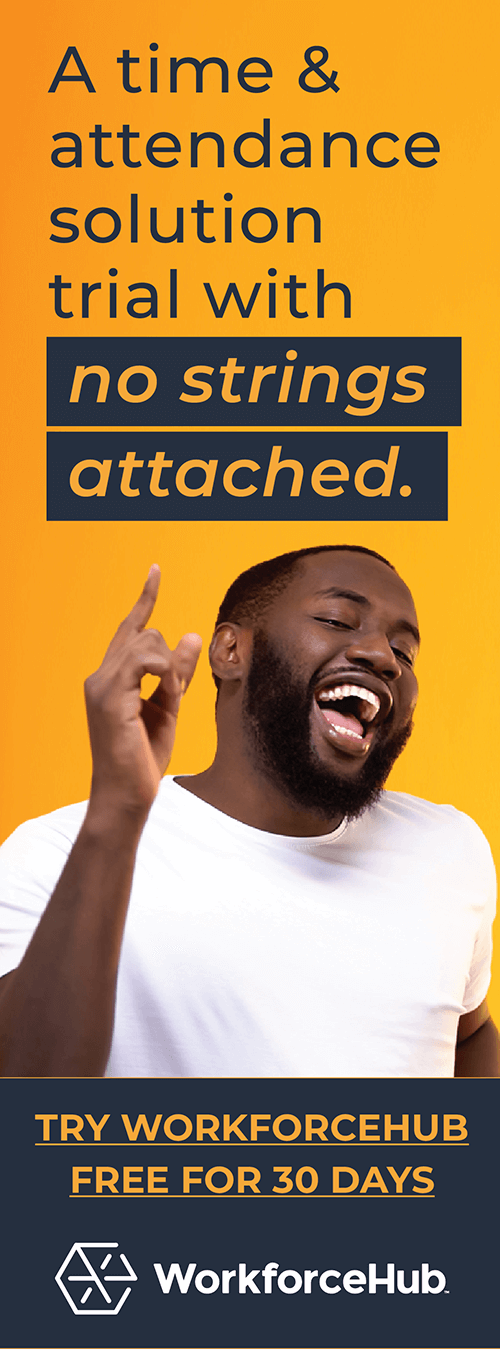How to Get A Candidate To Accept Your Job Offer

As a recruiter or hiring manager, you’re going to feel the sting of rejection throughout your career. A 2017 survey found that over 90% of recruiters had had at least one job offer rejected in the past six months. So when you’ve got a big fish on the line, how do you hook him or her? Do you know how to get someone to accept your offer?
We continue our series on the psychology of recruiting and onboarding with another powerful theory behind what makes people tick. (Learn more about how to recruit using psychology!) Social exchange theory is a collection of philosophies that identify why humans make certain decisions. At its most basic, social exchange theory posits that choices are made by weighing the costs versus the benefits. If the benefits are worth more than the costs, it’s a good choice. If not, logical people will opt for the alternative.
While commonly applied to interpersonal relationships, this theory can easily be expanded to learn more about how to get someone to accept your offer. First, look at the costs the candidate incurs. Then examine the benefits you’re offering. Will it be worth it from the candidate’s perspective?
Costs
Any choice one makes immediately excludes other options. When one door opens, several other doors close. If your candidate accepts your job offer, he or she is essentially agreeing to end the job search and devote time and energy into your company. You’ve got to make it worth it!
Remember, every candidate incurs different costs. It’s unique to each person. Consider location. If one candidate lives next door to your office building, relocation won’t be a factor. But if your top choice would need to relocate, that could be a game-changer. Does the candidate have kids who would need to adjust to new schools? The cost is even higher. You’ll need to make sure you’re offering some kind of relocation package or incentive to counteract it.
Every candidate has different priorities (although most will adhere to Maslow’s hierarchy of needs.) Some see business travel as an exciting way to see the world on the company dollar – a benefit. Others might not want to leave their homes or families with such frequency, and count travel as a negative. Here are some other costs your potential new hire might be considering:
- Commute
- Expected workload
- Pay cuts
- Stress level
- Number of hours
- Lack of autonomy
- Limited opportunities for promotion or career advancement, which 15% of employers cite as a reason for job offer rejection.
Want to know how to get someone to accept your offer? Find out what’s important to that person, and make sure your benefits outweigh the costs.
Benefits
Your rational candidate will weigh the costs of a career move against the potential benefits. Pay is the most obvious benefit, but your company may offer other tangible or intangible perks. If you offer any of the following benefits, stress them to your candidate during the recruiting process. You want this person to have as much information about the benefits you have to offer before he or she makes a decision!
- Retirement plans
- Health, dental, vision, and other insurance benefits
- Corporate culture (if you feel it is well suited to your candidate’s personality and work style)
- Telecommuting options
- Education benefits like tuition reimbursement or continuing education classes
- Bonuses, incentives, and stock options
- Vacation time, sick leave, and paid time off
- Access to cutting-edge technology
- Advancement opportunities
The cost/benefit analysis is unique, and as a potential employer, you aren’t privy to what is going on inside the candidate’s head. What can you do to ensure that your offer comes up positive in the cost-benefit equation?
Talk About It
Find out what is important to your candidate. Ask what kinds of things he or she wants in an employer. It’s entirely possible that something that seems small to you – an extra week of vacation, for example, or the ability to telecommute once a week – could make all the difference. Your goal during the recruitment process shouldn’t be to get the best possible labor at the lowest possible price. That’s a great philosophy for material goods, but it doesn’t apply here. You’re not making a one-time purchase. An employee is an investment. Social exchange theory applies to your end of the bargain, too. Are the benefits you’ll get from hiring this person greater than the costs? Consider all the angles, and both the company and the candidate will win.
Simplify HR management today.
Simplify HR management today.
How Improving Candidate Engagement Influences the Hiring Process
Applicants invest considerable time, effort, and thought into their job applications. Regrettably, it’s all too common for employers to delay responses, with some failing to provide any follow-up whatsoever. Such practices can have a negative effect on the candidate experience, influencing your organization’s hiring efficiency and reputation. Ensuring a positive experience for candidates is crucial…
Read More9 Best Receipt Apps for Small Businesses and Freelancers in 2024
As a business owner or freelancer, you’re spinning many plates at once. You’re keeping up with payroll, making pitches, nurturing your email marketing funnel, and much more. All to maintain and grow your business. The last thing you need is to panic each month as you look for receipts at expense report time. Administrative work…
Read More




